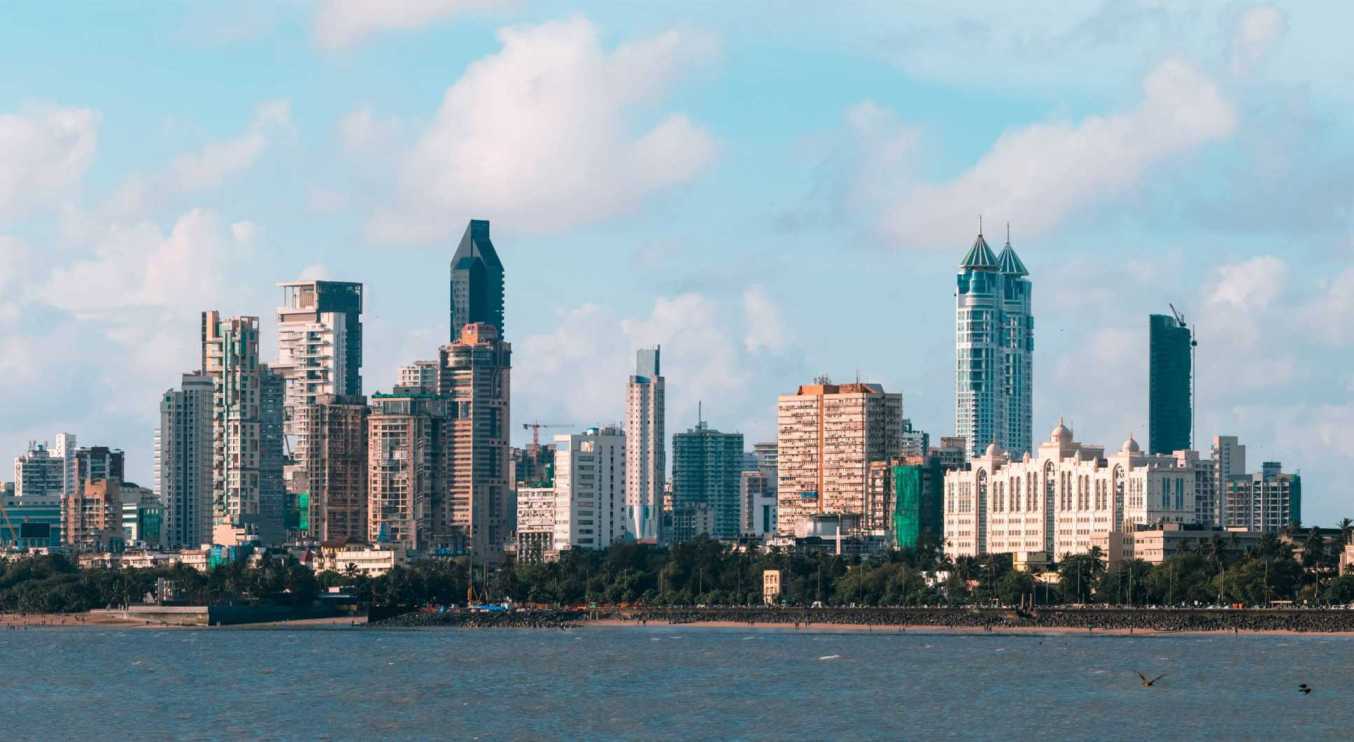

Upto 14-20% Returns Per Annum T/C* Applied*
Popup Title
This is a popup message.
- bharat agarwal
- Investment-Advisory
Buying Property in India? – 7 Things NRIs Should Consider!
India has long been an attractive destination for NRIs (Non-Resident Indians) looking to invest in real estate.
With reforms like the Land Acquisition Act, the Real Estate Regulatory Authority (RERA) Bill, and relaxed FDI norms, the Indian property market has become more transparent and investor-friendly.
The growing economy, better infrastructure, and improved market dynamics make this an opportune time for NRIs to invest in properties in India.
However, buying property in India comes with its own set of challenges, especially for NRIs. To ensure a smooth and profitable experience, it’s essential to consider the following seven factors before making an investment.
1. Type of Properties an NRI Can Buy
One of the first things NRIs must understand is the type of properties they are legally permitted to purchase in India. According to Indian regulations:
1. NRIs can invest in residential or commercial properties without restrictions.
2. They cannot buy agricultural land, farmhouses, or plantation properties unless they receive specific approvals from the Reserve Bank of India (RBI) and the state government.
Best Options for NRI Investments:
1. Residential Properties: These include apartments, villas, and independent houses in cities with high rental demand and good appreciation potential.
2. Commercial Properties: Investing in office spaces, retail outlets, or SCO plots in Gurgaon can yield significant returns due to the booming corporate and retail sectors.
Understanding these restrictions will help NRIs make informed decisions and avoid any legal complications.
2. Financial Planning
A well-thought-out financial plan is critical for successful property investment. Real estate involves significant capital, so NRIs need to ensure their finances are in order.
Key Steps in Financial Planning:
- Evaluate Your Budget: Assess your current savings and future income to determine how much you can afford to spend on property without disrupting your emergency funds.
- Account for Additional Costs: Include costs like registration fees, stamp duty, legal charges, and maintenance costs in your budget.
- Currency Exchange Rates: Keep an eye on currency fluctuations, as they can impact the final cost of your investment.
Mapping out your finances will provide clarity and ensure you’re prepared for all expenses.
3. Loans and Payment Methods
NRIs often need financial assistance to fund their property purchases. In India, banks offer home loans specifically tailored for NRIs.
Important Points to Note:
- NRIs must transact in Indian Rupees (INR) through an Indian bank. For this, you need an NRE (Non-Resident External) or NRO (Non-Resident Ordinary) account.
- Loans are sanctioned based on your credit score, income, and the property’s market value.
- As per RBI guidelines, NRIs can secure up to 80% of the property value as a loan. The remaining 20% must come from personal funds.
- Builders often facilitate tripartite agreements that may result in lower interest rates, reducing your financial burden.
Having a clear understanding of the loan process and payment methods will make the buying process seamless.
4. Tax Benefits
NRIs enjoy tax benefits similar to resident Indians when investing in real estate. Understanding these benefits can help optimize your investment returns.
Tax Implications for NRIs:
- Tax Deductions: Under Section 80C of the Income Tax Act, NRIs can claim deductions for principal repayment of home loans.
- Rental Income: If you rent out your property, the rental income is taxable in India but may be exempt in your country of residence under the Double Taxation Avoidance Agreement (DTAA).
- Capital Gains Tax: When selling property, NRIs must pay capital gains tax. Long-term capital gains (for properties held for over two years) are taxed at a lower rate with exemptions available under certain conditions.
Understanding these tax implications can significantly impact your investment strategy.
5. Best Cities to Buy Property in India
Location plays a pivotal role in determining the success of your investment. NRIs should consider cities with strong economic growth, infrastructure, and rental demand.
Top Cities for NRI Investments:
- Mumbai: The financial capital of India offers high appreciation rates and rental yields.
- Gurgaon: With its booming corporate sector and options like SCO plots in Gurgaon, this city promises excellent ROI.
- Ahmedabad: Affordable property prices and rapid industrialization make Ahmedabad a great choice for long-term investments.
- Goa: Ideal for NRIs looking to buy land in Goa for personal use or to tap into the tourism industry.
- Pune: Known for its IT hubs and educational institutions, Pune is a lucrative option for residential and commercial investments.
Analyzing the future growth prospects of a city will help ensure higher returns on your investment.
6. Power of Attorney (POA)
NRIs often face challenges in managing property transactions due to their physical absence. Appointing a reliable Power of Attorney (POA) can simplify the process.
Role of a POA:
- Signs legal documents and completes property registration on your behalf.
- Manages property inspections and liaises with builders or brokers.
- Ensures accountability and acts in your best interest throughout the transaction process.
Choose a trustworthy individual or entity for this role, as they will play a significant part in safeguarding your investment.
7. Choosing a Reputed Builder
The reputation of the builder can make or break your investment. A reliable builder ensures quality construction, timely delivery, and adherence to legal norms.
What to Look for in a Builder:
- Track Record: Check the builder’s history of completed projects.
- Certifications: Ensure the builder adheres to RERA guidelines and has the necessary approvals for the property.
- Customer Reviews: Look for testimonials and feedback from previous buyers to gauge the builder’s reliability.
Why Is Now the Right Time for NRI Investments?
The Indian real estate market is witnessing a steady recovery with attractive opportunities for NRIs. Factors like better infrastructure, increased transparency, and exclusive NRI deals offered by builders have made investing in Indian properties a profitable endeavor.
For instance, NRIs looking to buy land in Goa can benefit from the tourism boom, while those interested in commercial ventures may find SCO plots in Gurgaon to be a high-yield investment.
Conclusion
Investing in Indian real estate offers NRIs a chance to diversify their portfolios, earn rental income, and potentially settle in their home country. By considering factors like legal compliance, financial planning, and choosing the right location, you can make the most of this opportunity.
Partnering with trusted advisors or agencies can further streamline the process, ensuring that your investment journey is hassle-free and rewarding.
So, whether you’re planning to buy land in Goa for leisure or explore lucrative opportunities like SCO plots in Gurgaon, the Indian real estate market has much to offer. Start planning today to secure your slice of India’s growing property market!






